
Every conversation with fellow Ukrainians who have been displaced from temporarily occupied territories can yield unexpected information. That is how, in January 2025, I learned from people who had fled occupied Svatove in the Luhansk Region that Russian military personnel had taken about 300 patients from the Svatove Regional Psychiatric Hospital to an unknown destination.
Interestingly, most of my interlocutors mentioned this without emotion or surprise, as if it were a fact that had long been known to the community. I set out to find confirmation in open sources.
I entered various search queries into Google: Svatove Psychiatric Hospital where are the patients, Svatove Psychiatric Hospital taken away by Russians, Svatove Psychiatric Hospital evacuation, etc. However, the only mention of the event was a post by the former head of the Luhansk Regional Military Administration, Serhiy Hayday, on 3 October 2022. It said that the Russian military was transporting patients from the psychiatric hospital in preparation for setting up their own headquarters on its territory.
Using both free and paid VPN services and specialised bots, I studied the reports on Russian websites. However, neither the Russian state media nor the ‘occupation administrations’ reported anything resembling an 'evacuation' or ‘rescue’ of patients from this medical facility.
Such silence is atypical for Russian propaganda. As numerous stories about the 'evacuation' of children from the Kherson Region show, Russia usually actively demonstrates such actions, calling them 'rescues', although in reality they are war crimes presented as humanitarian operations.
The investigation into the fate of the medical facility's patients began with a search for their relatives, as well as any information about the possible removal of people. To do this, I analysed local Telegram channels and Facebook communities. Due to the large amount of spam in the latter (mostly advertisements for transportation to and from the temporarily occupied territories), I focused mainly on Telegram.
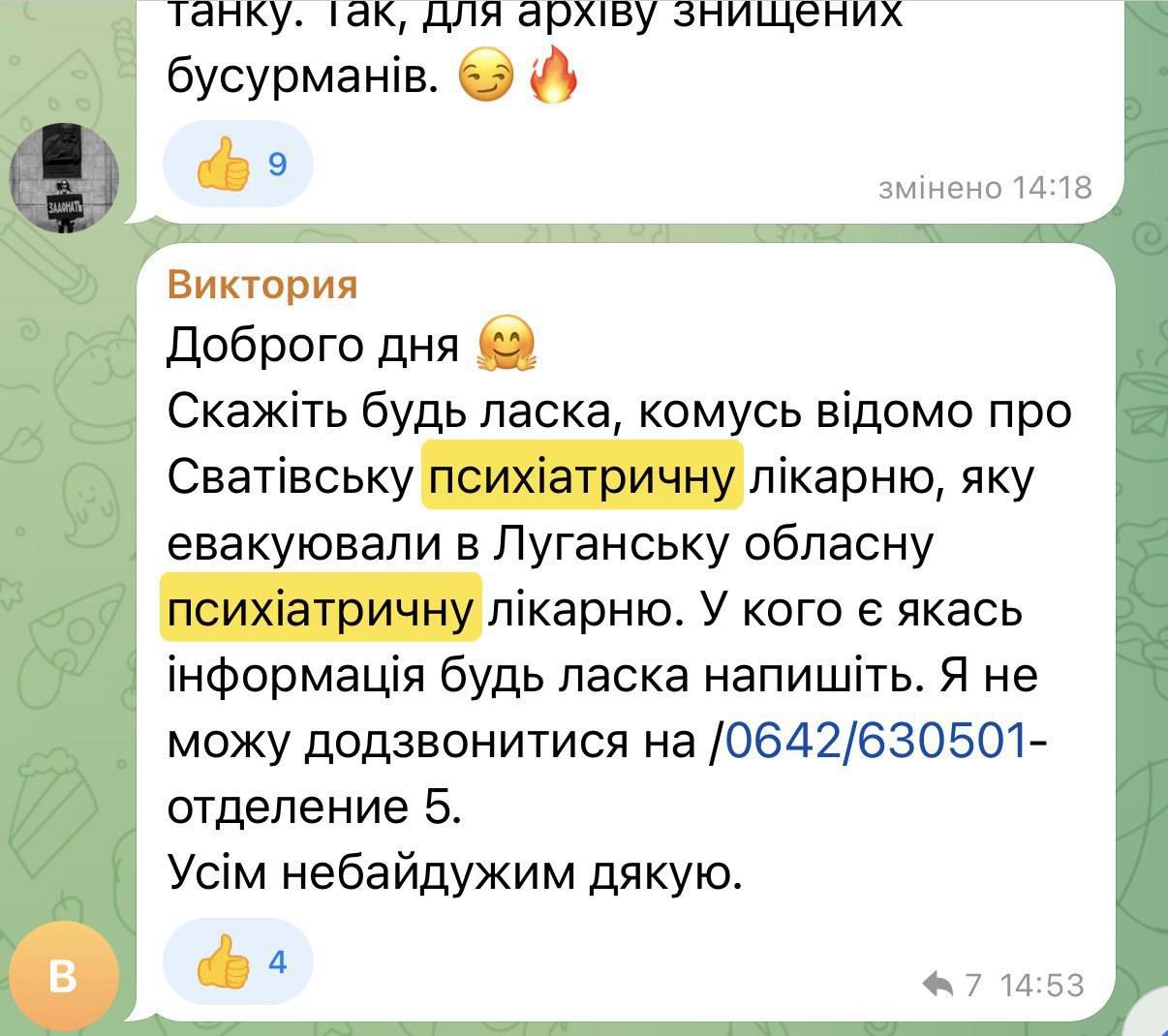
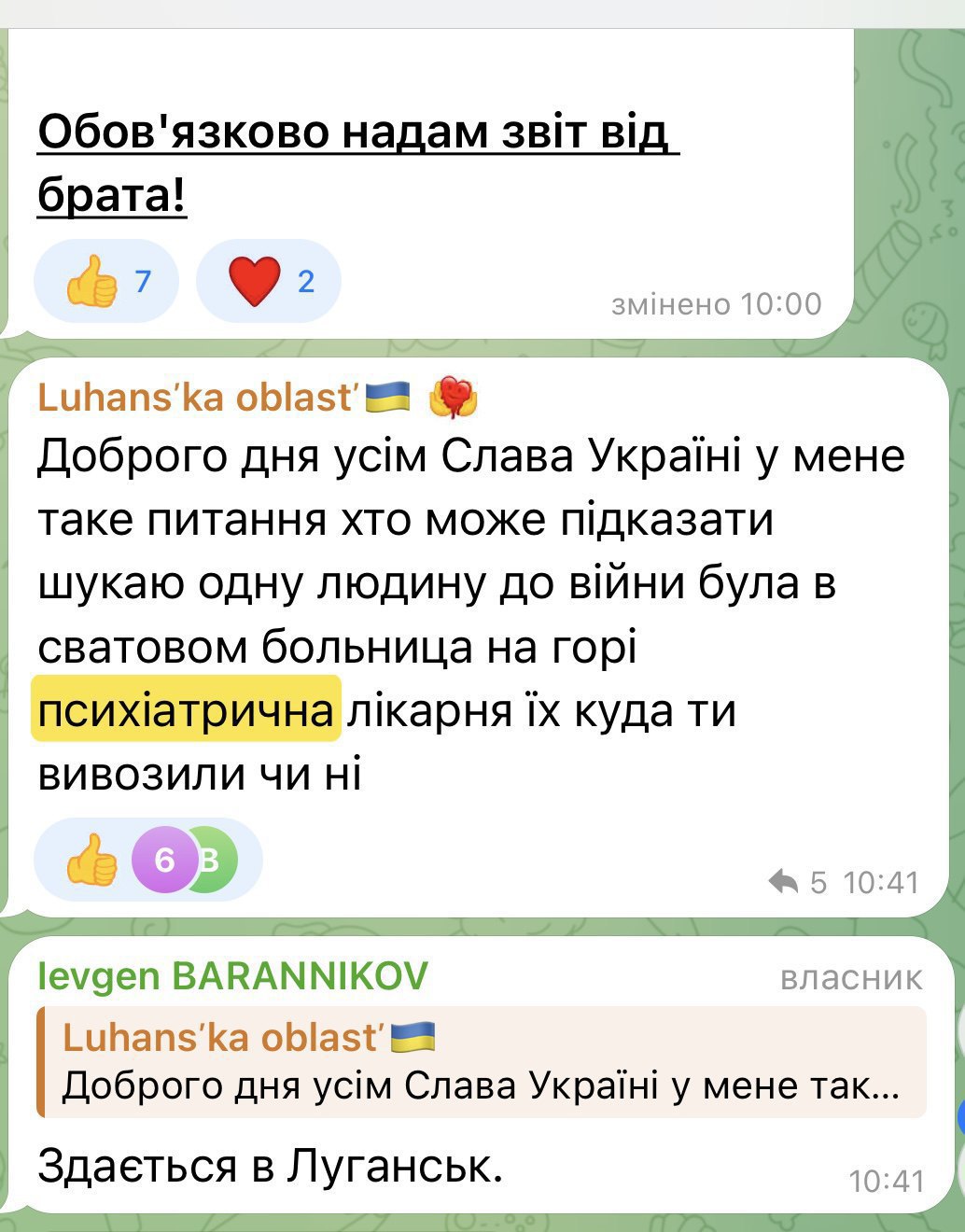

Using keywords, I found posts by residents of Svatove, specifically on the Telegram channel Svatove 2025. What? Where?, which mentioned that patients from the psychiatric hospital had been taken to various institutions in the temporarily occupied cities of Luhansk and Biryukovo. Their names were not specified.
To gather more information, I had to contact users who had left detailed comments about the Svatove psychiatric hospital via private messages. Some ignored or blocked my requests, but there were also those who agreed to talk. They showed concern for the fate of the patients and shared their observations.
Local residents (whose names I am not disclosing for security reasons) said that some of the patients may have been taken to Alchevsk or Dmytrivka.
Oleh is looking for his mother
In the same chat rooms, we managed to reach Oleh, who was looking for his mother, Halyna, a patient at the Svatove psychiatric hospital. He last saw her in the autumn of 2021. After the full-scale invasion, he lost contact with the institution. According to him, no one informed him about his mother's transfer.
‘Someone in the group posted the numbers of the psychiatric hospital in Luhansk and advised calling there, but I couldn't get through. The numbers didn't work. That's when my search reached a dead end,’ Oleh said.
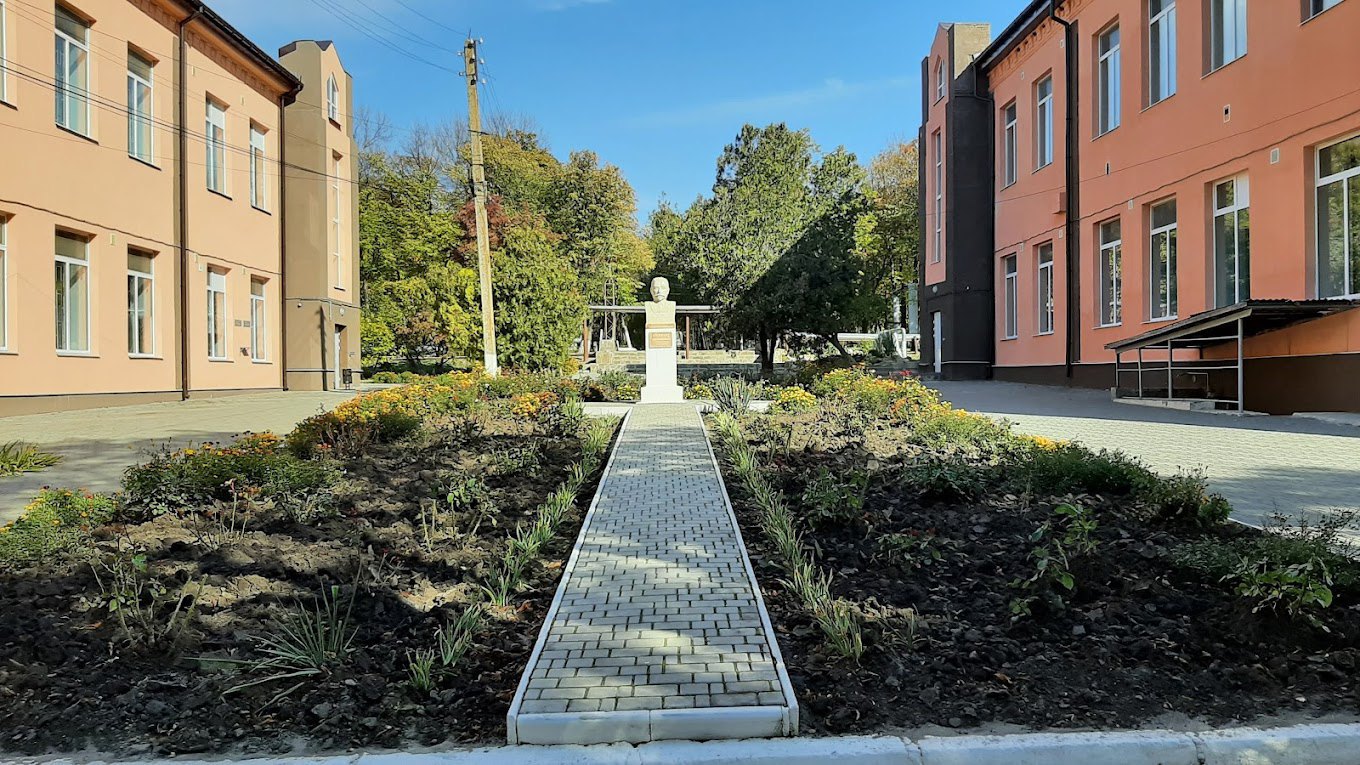
We received medical documents
The Russian side would hardly have given any information to the journalist. The only way out was to work undercover. Oleh allowed me to call myself his mother's relative. Since then, I have been posting messages on Telegram channels in various cities in the temporarily occupied Luhansk Region, asking for help in finding a relative who, as of 24 February 2022, was undergoing treatment at the Svatove Psychiatric Hospital, and for any information about the relocation of this facility.
This allowed us to access documents containing data on patients from one ward of the hospital. Among them was the name of our Ms. Halina.
In addition, the documents contained a list of patients who had been in the medical facility for a long time but did not have any identity documents. Some had been evacuated from Luhansk in 2014. Others ended up in the hospital due to ‘inappropriate behaviour’ in public places — without any documents or established identity.
For security reasons, we cannot publish these documents, as they contain confidential information and, once published, could cause pressure on the patients themselves or their relatives.
Refused to cooperate and left
In parallel with combing through the information space and talking to residents of Svatove, who could theoretically have some information about the events at the facility, I contacted the director general of the Svatove Regional Hospital for Psychiatric Care, Dmytro Vintonyak.
He said that after the occupation of the city in March 2022, there was no way to evacuate the patients, so he remained in the city.
‘When Svatove was occupied, the new “authorities” offered cooperation, that is, to remain the head of the medical institution. I refused and eventually left. The employees who remained there, which is almost 90% of the staff, cared for the patients and reported to me about the situation as much as possible,’ says the doctor.
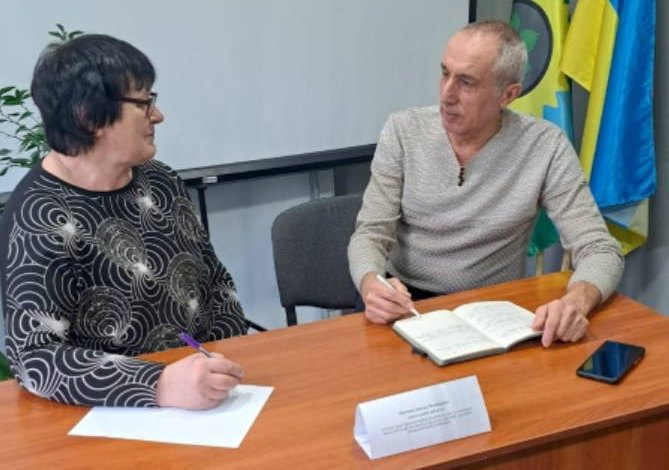
In 2023, Luhansk Regional Prosecutor’s Office announced suspicion of collaboration against a deputy of Svatove City Council from Opposition Platform — For Life (a banned pro-Russian party in Ukraine), who voluntarily took the position of “chief doctor of Svatove Republican Psychiatric Hospital of the LPR.” The prosecutor’s office did not name the suspect, but according to occupation sources, his name is Valeriy Chaika.
When the occupiers cut off mobile communications in the temporarily occupied territories, it became more difficult to obtain information. And not everyone wanted to talk, fearing for their lives, says Dmytro Vintonak. However, medical staff reported to him that the patients had been taken away from the hospital.
‘We know that they were distributed to residential medical facilities in various settlements of the occupied Luhansk Region. These include Luhansk itself, Dmytrivka, Starobilsk, and Biryukove. We know that some of our employees went with them. In principle, this is all the information I have at the moment,’ said Dmytro Vintonyak.
He added that at the beginning of the full-scale invasion, relatives of patients contacted them, but their contacts were not preserved.
I saw buses leaving the hospital grounds
Among the people interviewed, I came across a woman who witnessed the transfer of patients from the psychiatric hospital.
That day, she was working in her garden.
"It was still warm. I saw several buses leaving from the hospital. A few days later, I met a local woman who worked there and asked her about it. She replied that everyone had been taken to Luhansk. I also remember her mentioning that some medical staff accompanied them," recalls the woman from Svatove.
‘There were a lot of people,’ says a girl who was in the hospital that day.
Over time, the public appeal to find a ‘relative’ yielded results. A girl wrote offering help. She said that her relatives worked at the Svatove psychiatric hospital and were there on the day the patients were taken away. In fact, it was a family of medical workers who agreed to cooperate with the occupation administration. The interlocutor knew which settlements the patients were to be transported to.
The patients were indeed transferred to various medical institutions in the temporarily occupied territory of Luhansk Region. Among the cities mentioned by the girl were Luhansk, Biryukove, and Alchevsk. At the same time, she stressed that this was not a complete list of locations. In particular, she said that those who had documents with them were taken to Luhansk, and those without documents were taken to Biryukove.
The girl added that there were many people — she remembers four buses. She does not know exactly why the Russians took people away. However, she said that after that, Russian military personnel moved into the medical facility. The occupying authorities closed the hospital itself, and the buildings of the facility were damaged by shelling.
There is contact
Since most of the information about the location of the wards coincided in the stories of different people, there was only one way to verify this — to contact these institutions in the temporarily occupied territory directly.
This was not easy to do. Apart from the fact that most of the phone numbers listed on their websites did not work, we still had to figure out how to call them. I tried many ways to do this. The most well-known were Skype, which was still working at the time, and Viber. However, the connection did not work.
Then there was a special Russian app, the name of which we will not mention — it is used by investigators, so the Russians could block it. To get the app, you had to write to the relevant Telegram channel from another device, pay for it, and then download it. Then you top up your account with at least $20 — and you can use it.
But this experiment also failed. The app administrators explained that the reason for the failure was that I was trying to call the organisations' phone numbers.
All that remained was messaging. But I did not stop trying to call hospitals in the temporarily occupied territories.
And I made contact. I exchanged messages with some people and managed to talk to others.
Since I was working under the cover story of being a ‘relative of the patient,’ all my inquiries were exclusively about the whereabouts of Oleh's mother, Halyna.
Luhansk was mentioned most often in stories about patient transfers, so I started with the “State Budget Healthcare Institution ‘Luhansk Republican Clinical Psychoneurological Hospital’ LPR.” I couldn’t get through by phone. I sent an inquiry and even received an “official” response: the patient “did not seek help and was not receiving inpatient treatment.”
This time, the occupiers did not lie, because I found Ms. Halyna in another institution — the Biryukiv Regional Psychiatric Hospital.
During a telephone conversation, the employees confirmed to the ‘relative’ that such a patient was being treated at their facility. They even provided the contact details of the nurse in her ward. When asked about other patients who had been transferred from Svatove, an employee of the Biryukivska psychiatric hospital replied:
‘If you gave us the surname, we would look into it. But there are so many people that we cannot help you.’
The management of the so-called ‘State Budgetary Healthcare Institution “Alchevsk Psychiatric Hospital” of the LPR’ proved to be less communicative and refused to provide information twice — first by letter and then by telephone.
'We cannot provide you with such information because it is confidential. You must first contact our militia, and then they will inform you of the procedure for submitting documents or requests,' said an employee of the Alchevsk Psychiatric Hospital.
It was not possible to reach the LPR State Budgetary Healthcare Institution Dmitrievsky Psychoneurological Boarding School. No one answered the phone, and when it seemed like the call was connecting, it was interrupted.
However, sources in local government know that a number of patients — only men — were transferred from the Svatove Psychoneurological Hospital to the Dmytrivsky Boarding School. They also reported that some patients tried to leave the facility on their own — to escape — but were caught by facility staff and Russian military personnel.
What is the result? It took almost four months and over a hundred dollars (spent on various programmes and applications to call the TOT) to obtain information about the whereabouts of one person.
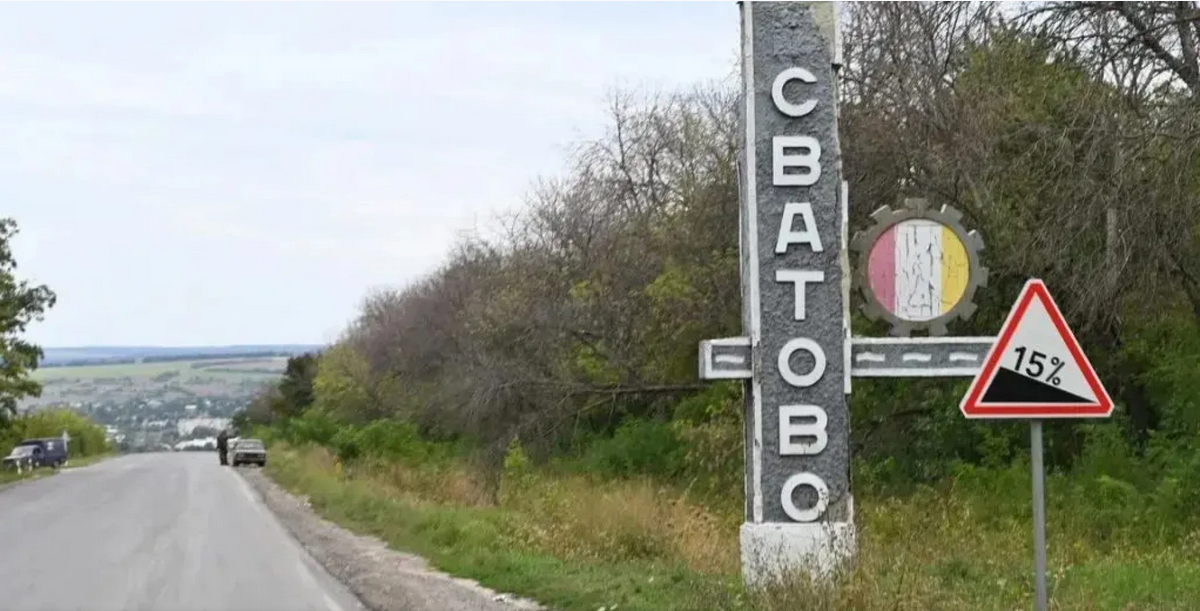
As practice shows, the fact of the conversation does not guarantee answers to questions. The fact that it was possible to confirm the whereabouts of Oleh's mother is the exception rather than the rule. And as this experience shows, it is unlikely that many relatives of abducted patients will be able to overcome such a search path on their own.
But what to do next is unclear. Now Oleh knows where his mother is, but how to bring her back is unknown. Should there be a request for her return from the state, or should he go himself or send a trusted person, as was the case with the return of the children? These questions remain unanswered for now. Some interlocutors noted that this issue should be addressed to the Verkhovna Rada Commissioner for Human Rights or the Red Cross. We are preparing official requests to the authorities that could clarify these issues.
Deportation as a war crime and crime against humanity
Illegal deportation or displacement are serious violations of international humanitarian law and war crimes. This was noted in response to our inquiry by Zera Kozlyyeva, legal director of the Ukrainian human rights organisation Truth Hounds. According to her, this is defined in the provisions of the Geneva Convention (IV) ‘On the Protection of Civilian Persons in Time of War,’ in particular in Article 147, as well as in Article 8 of the Rome Statute, which contains a catalogue of war crimes that are undoubtedly considered violations of the laws and customs of war.

"As in international law theory and judicial practice, the term “illegal deportation” is usually used when referring to relocation across state borders, and “transfer” when such actions are carried out within occupied territory. However, there are isolated cases where “transfer” is also used for relocation outside occupied territory. In any case, both acts are prohibited by international humanitarian law and constitute war crimes," says the lawyer.
Even when such relocation is justified by evacuation, which is permissible in certain cases, the Fourth Geneva Convention and the practice of international tribunals define a number of requirements, the violation of which will result in such displacement being considered a war crime.
"For example, civilians must be returned to their homes or places of permanent residence immediately after the cessation of hostilities in the territory; or members of the same family must not be separated. Failure to comply with these requirements, despite the legality of the grounds for evacuation, will constitute a war crime in the form of illegal deportation or displacement," added Zera Kozlyyeva.
Furthermore, disregarding universally recognised standards of decency and humanity turns even a lawful evacuation into a war crime — deportation or displacement.
This also applies to compliance with standards for the protection of honour and dignity.
Zera Kozlyyeva also emphasised that, given the number of displaced persons and the fact that such cases are most likely not isolated, if signs of systematicity or large scale are established, such actions could be classified as enforced disappearance — a crime against humanity.
Further inquiries were made to the Office of the Prosecutor General, the Ministry of Social Policy, the Ministry of Health, and departments of the Luhansk Regional State Administration.
The Prosecutor General's Office has only one case
There are at least ten such institutions, such as the Svatove Psychiatric Hospital, in the temporarily occupied Luhansk Region. This potentially means hundreds of abducted Ukrainian citizens who cannot stand up for themselves. They cannot inform their relatives about their whereabouts and state of health. Therefore, we need to talk about these people, facilitate the search for them and their return.
However, the situation is such that in the fourth year of full-scale invasion, in the Luhansk Region alone, the Ukrainian prosecutor's office is investigating only one criminal case of internal displacement or deportation of patients from psychiatric, geriatric hospitals and boarding schools who remained in the occupied territory. We are talking about the wards of the “Kreminsk Regional Residential Care Home for the Elderly and Disabled.”
“Pre-trial investigation established that on March 11, 2022, at approximately 9:00 AM (exact time unknown), unidentified servicemen of the Armed Forces of the Russian Federation, using a tank, shelled the building of a nursing home located in the village of Stara Krasnyanka, Kreminsk territorial community, Severodonetsk district, Luhansk Region. As a result, 56 elderly residents of the facility were killed. Additionally, 15 elderly individuals who survived were taken to the temporarily occupied city of Svatove, Luhansk Region; their whereabouts remain unknown at this time. No other cases of internal displacement or deportation of patients from psychoneurological, psychiatric, or geriatric hospitals and care homes remaining in the occupied territory of Luhansk Region since the full-scale invasion on February 24, 2022, have been recorded,” the official response from the Office of the Prosecutor General to LB.ua states.
The prosecutor's office has no criminal proceedings on the illegal transfer of patients from the Svatove Psychiatric Hospital.
Some have been evacuated, while the whereabouts of others remain unknown
To understand the scale of this crime — the number of people abducted — LB.ua first contacted the Ministry of Social Policy of Ukraine. From there, we were redirected to the Ministry of Health of Ukraine, and then to the Department of Health of the Luhansk Regional Military Administration. They replied that the Luhansk Regional Military Administration's Department of Health oversees two institutions: the Lysychansk Regional Hospital for Psychiatric Care (hereinafter referred to as the Lysychansk Regional Hospital for Psychiatric Care), which operates in Kyiv, and the Svatove Regional Hospital for Psychiatric Care, which has been relocated to the Khmelnytskyy Region. As of 24 February 2022, the total number of patients in these institutions was 136 and 327, respectively. Some of the patients from the Lysychansk hospital — 46 — were transferred to the Lviv Regional Clinical Psychoneurological Dispensary and the Kamyanska City Hospital No. 1. The department does not know where the other patients, as well as the patients of the Svatove hospital, are.
The Luhansk Regional State Administration also reported that it had filed a criminal complaint with the territorial body of the National Police of Ukraine regarding the seizure of the premises and property of the Svatovo hospital during the Russian Federation's armed aggression against Ukraine. However, the response did not indicate whether law enforcement agencies had been informed about the disappearance of the facility's patients.
In addition, in response to our request, the Luhansk Regional State Administration's Department of Social Protection noted that before the start of the Russian Federation's armed aggression, there were six psychoneurological boarding schools and nursing homes for the elderly and disabled in the Luhansk Region's social protection system, with 1,099 residents.
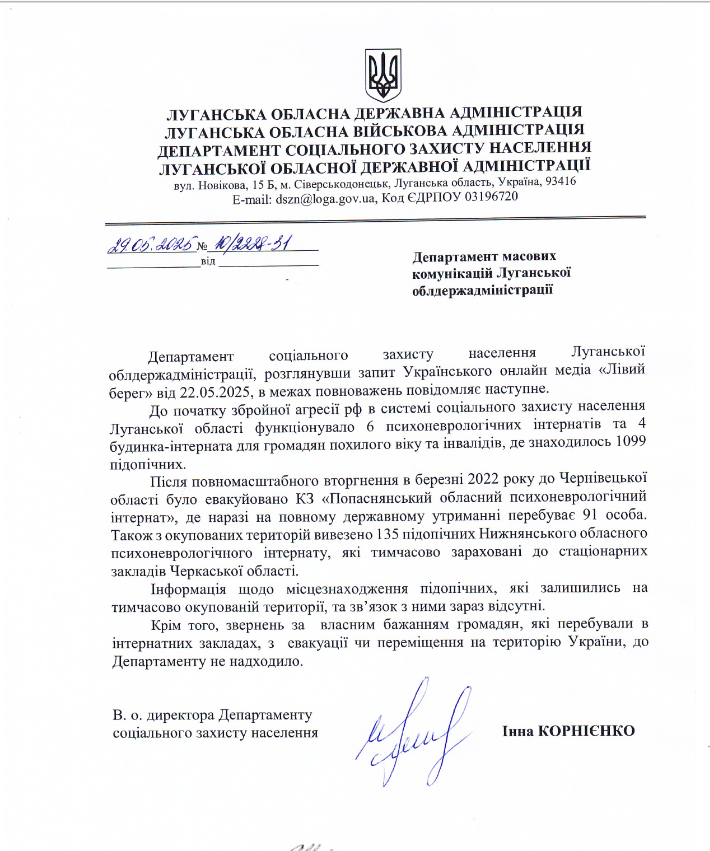
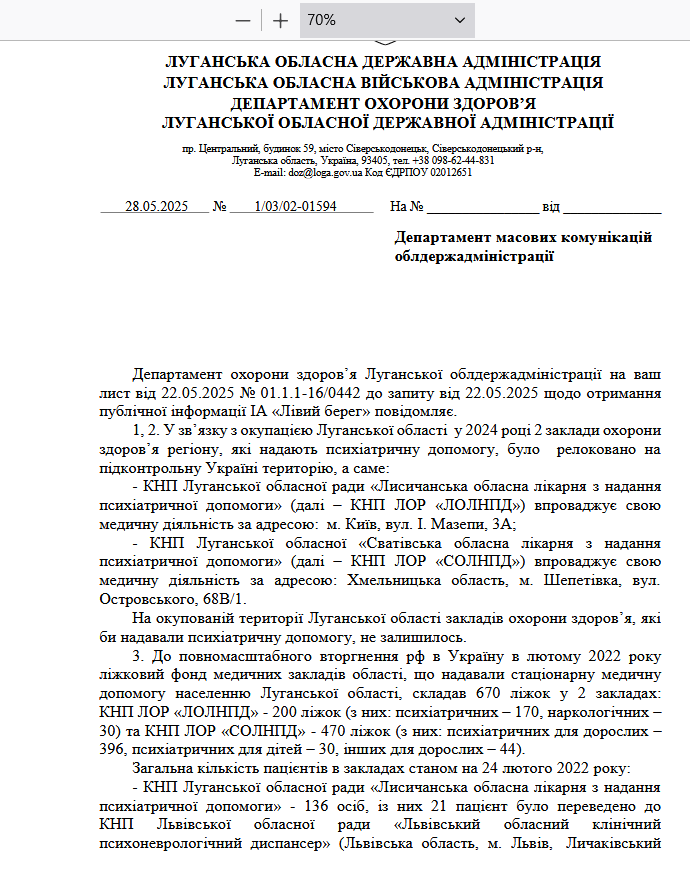
In March 2022, the Popasna Regional Psychoneurological Boarding School was evacuated to the Chernivtsi Region, where 91 people are now being fully supported by the state. In addition, 135 residents of the Nizhnyanskyy Regional Psychoneurological Boarding School were evacuated from the occupied territories and temporarily admitted to inpatient facilities in the Cherkasy Region.
‘There is currently no information on the whereabouts of the residents who remained in the temporarily occupied territory, and there is no contact with them. In addition, the department has not received any requests from citizens who were in residential institutions to be evacuated or relocated to the territory of Ukraine,’ the response to the request states.
As we can see, we are talking about more than a thousand Ukrainians with special needs in the Luhansk Region alone who want to return home to see their families. And we, as a society, as a state, have no right to abandon them. They must be HOME.
***
Some names in the material have been changed for security reasons. However, the editorial office is ready to provide all available information to the law enforcement agencies of Ukraine.
***
This material was created within the project "Combating Impunity for the Most Serious International Crimes in the Context of Russian Armed Aggression Against Ukraine," supported by the Embassy of Switzerland in Ukraine and the ZMINA Human Rights Center.








